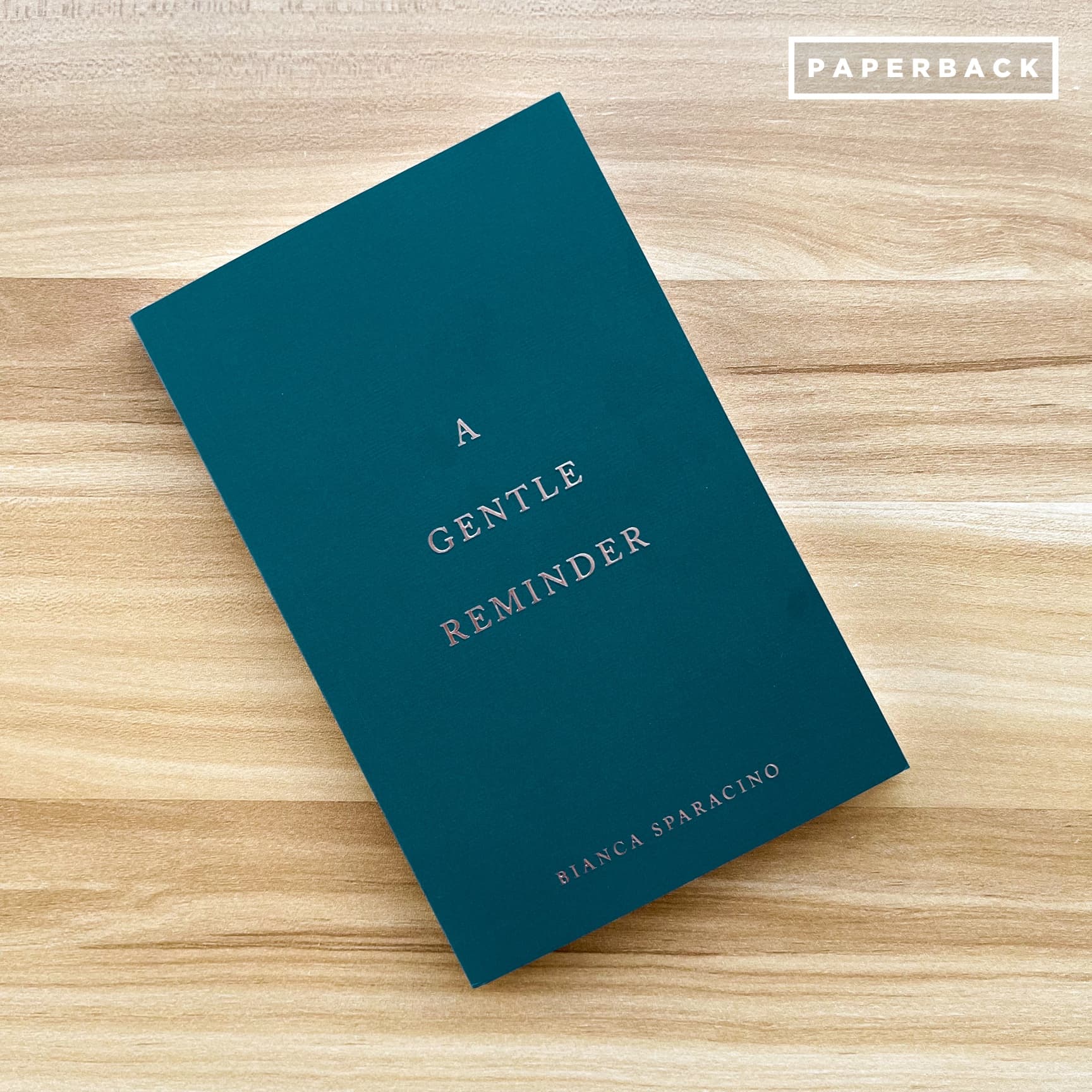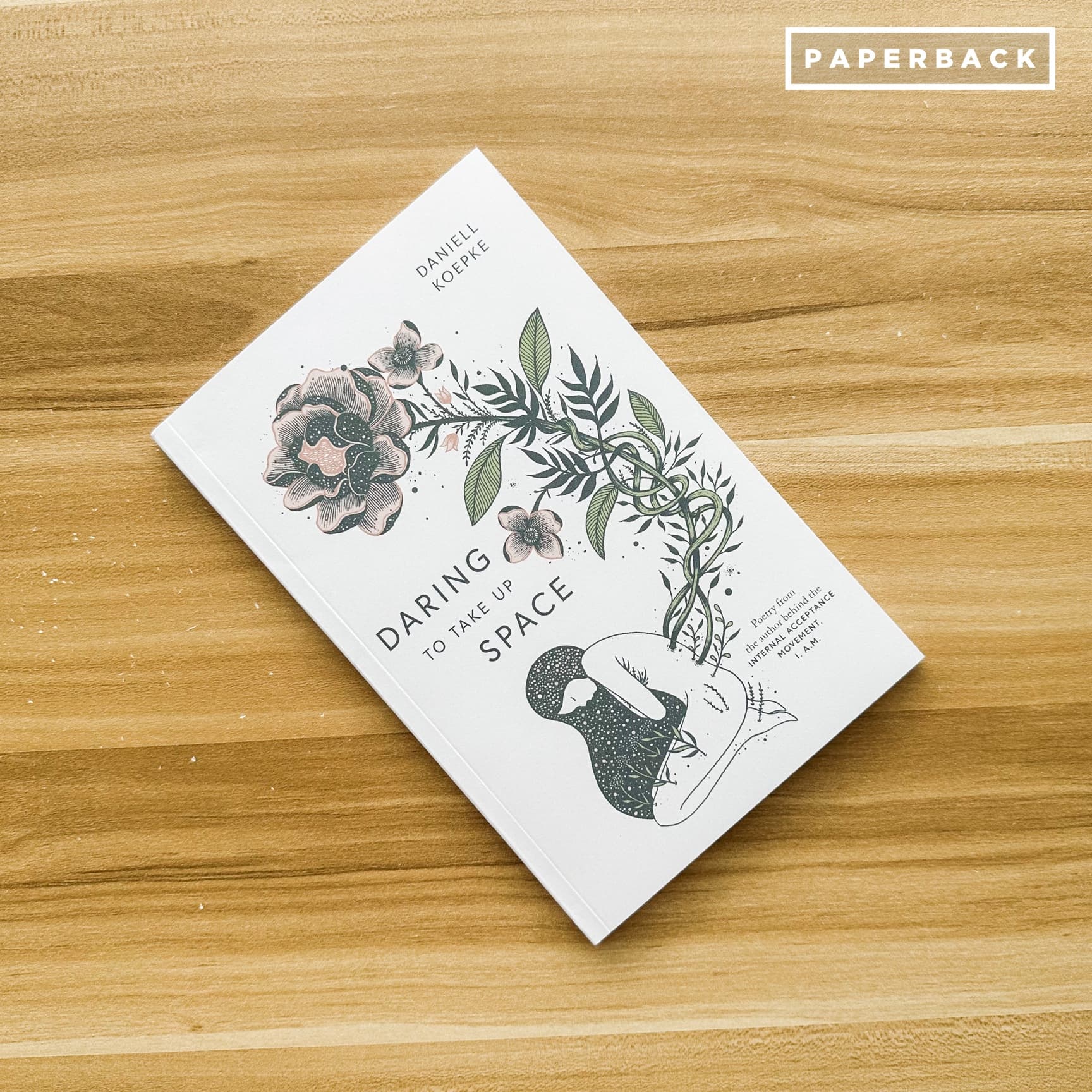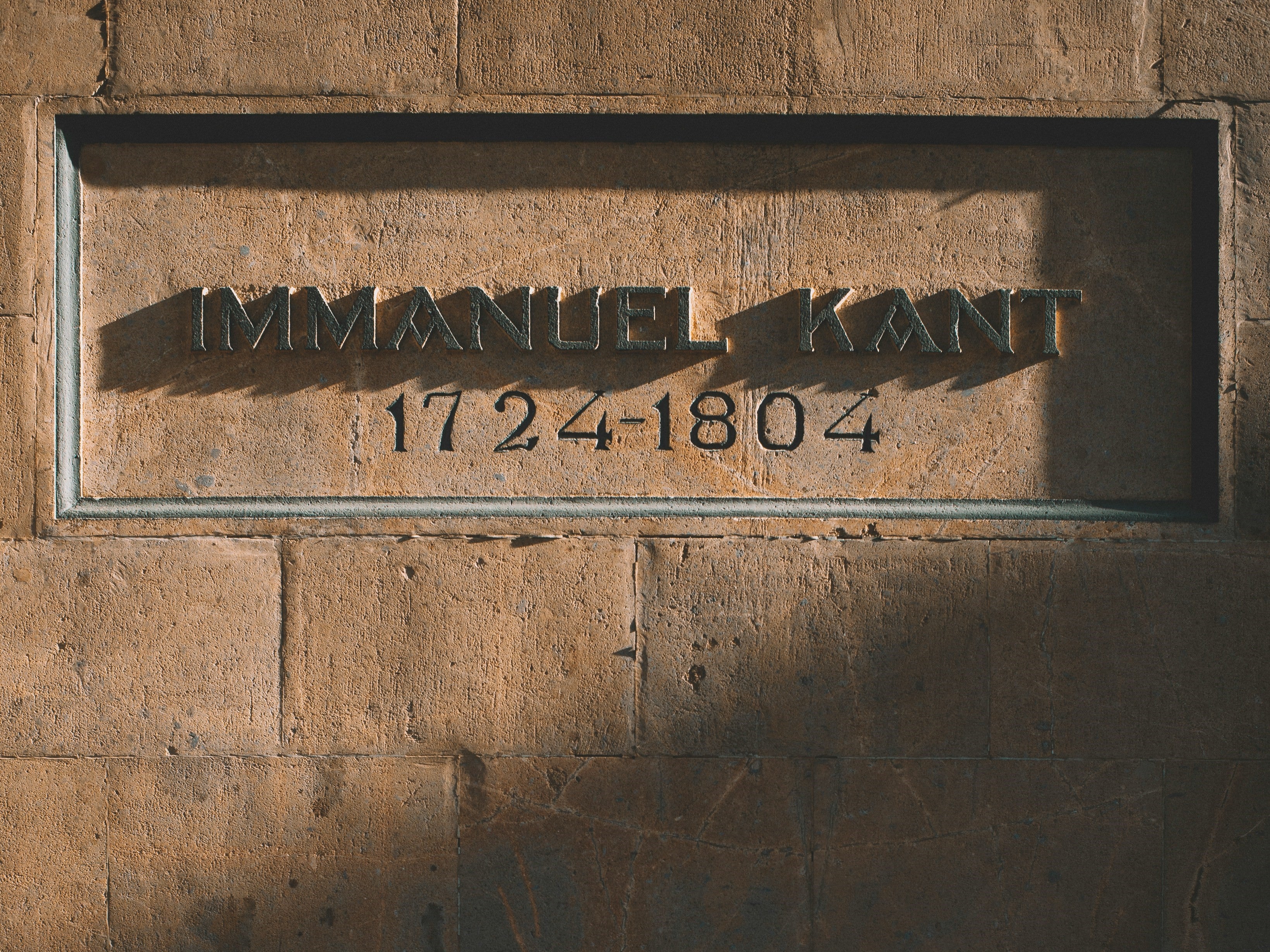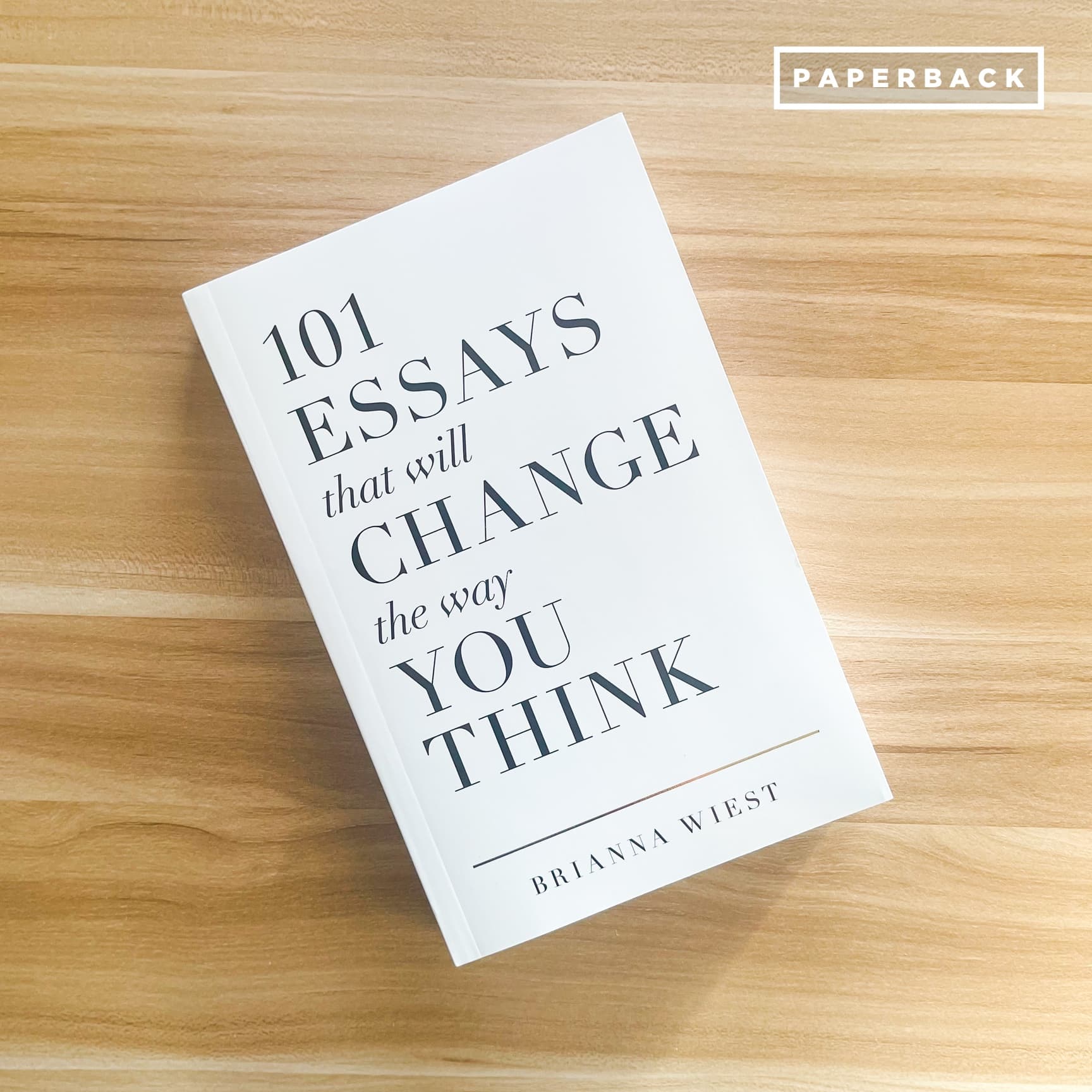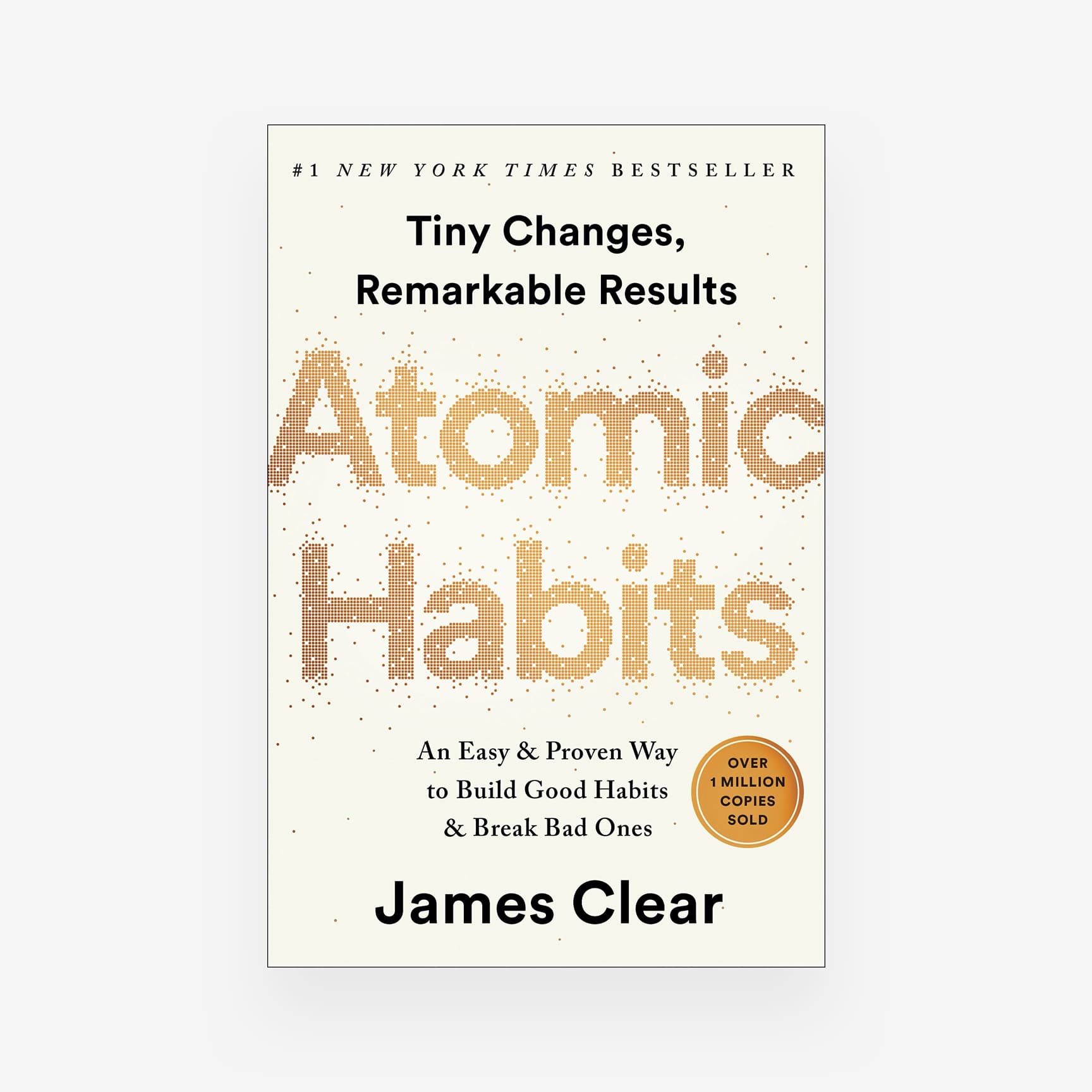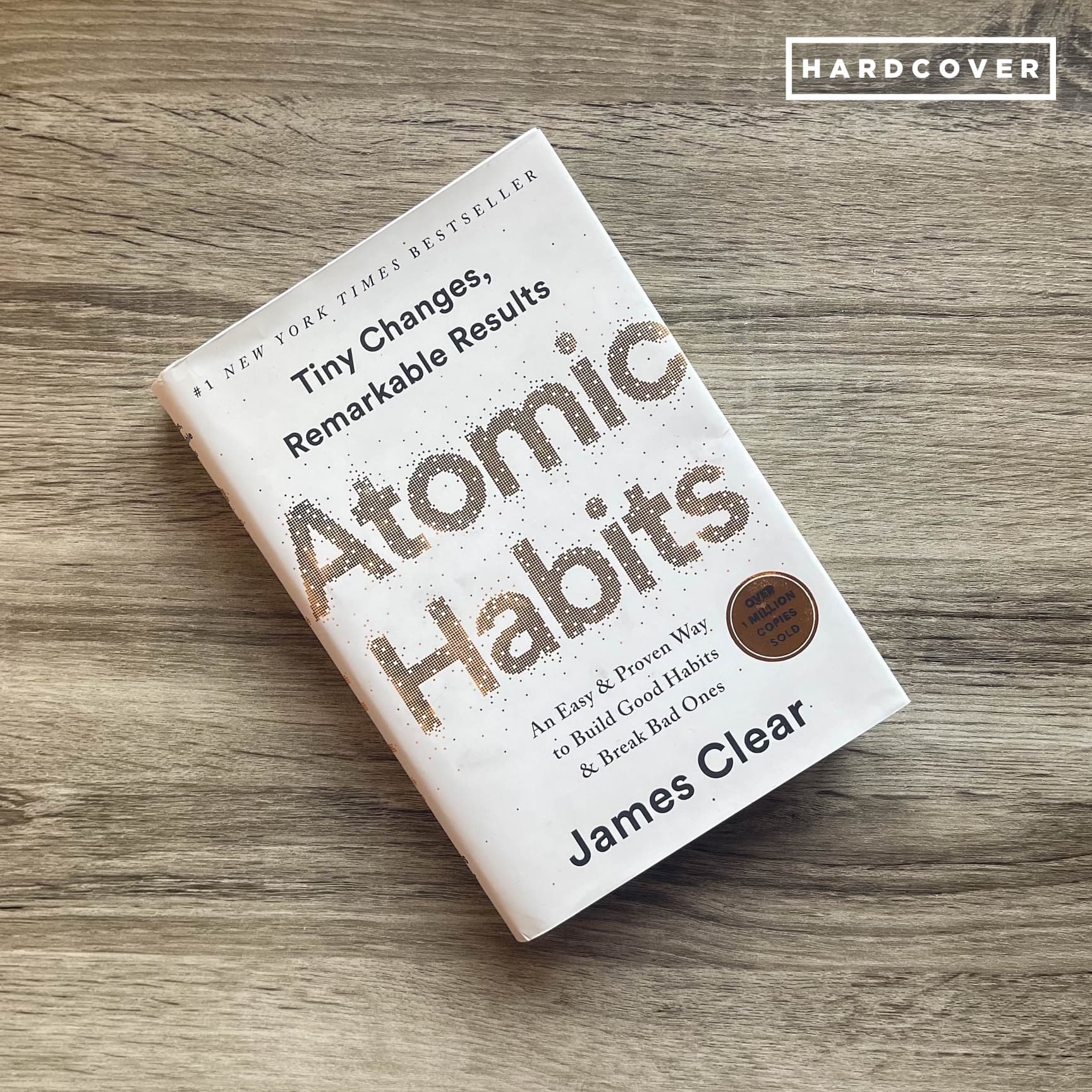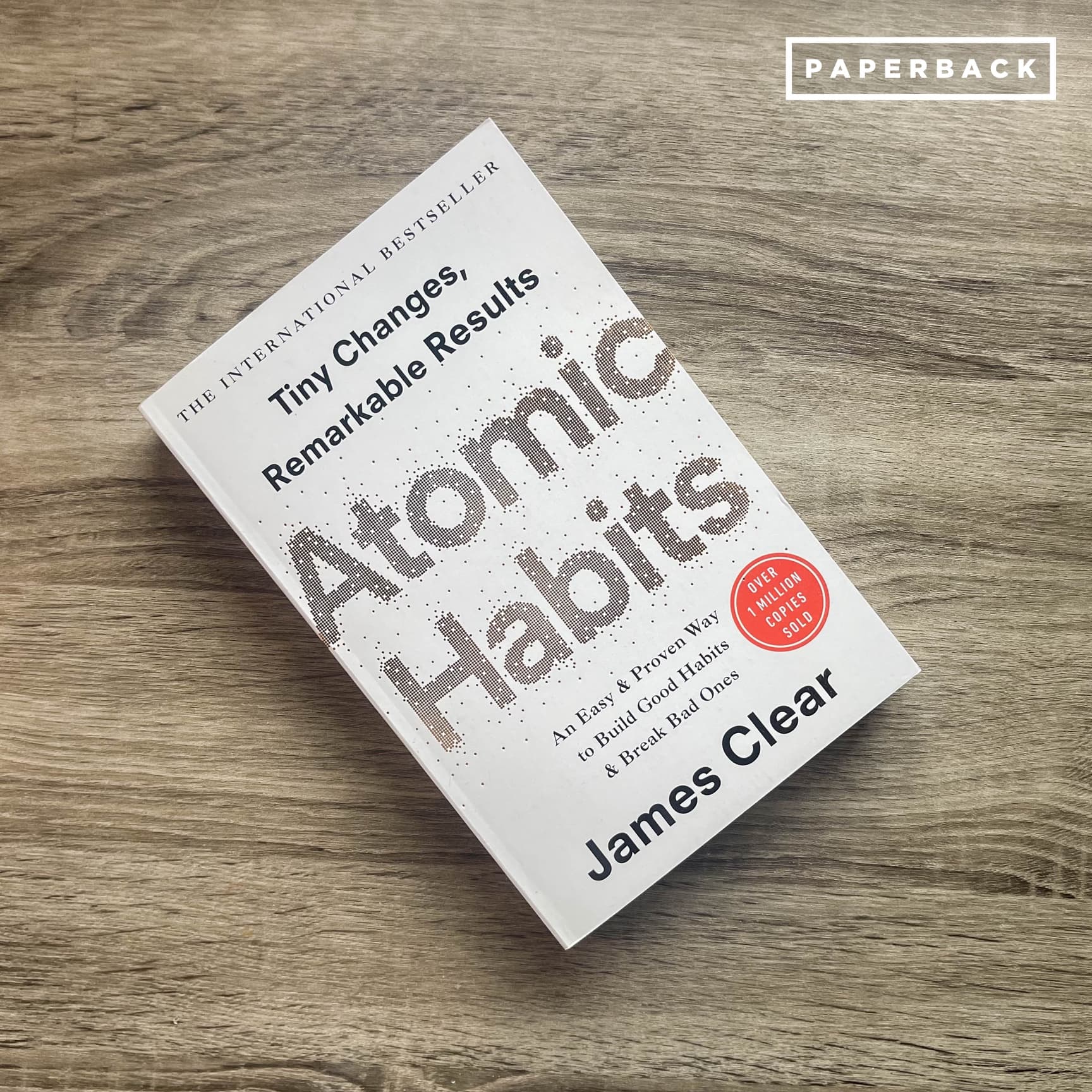Immanuel Kant (1724-1804) was a German philosopher who profoundly shaped modern philosophy. Born and raised in Königsberg, Prussia (modern-day Kaliningrad, Russia), Kant spent his life developing ideas that would revolutionize how we think about knowledge, morality, and reason. His work goes beyond academic theory, offering practical wisdom that helps us reflect on how to live better and more meaningful lives.
In this blog, we’ll explore 10 timeless Immanuel Kant quotes that guide happiness, patience, and human behavior—lessons that remain relevant in our daily lives. 
(Photo from the wires)
1. “Rules for happiness: something to do, something to love, something to hope for.”
Kant’s take on happiness is beautifully simple: keep yourself engaged, love deeply, and always have something to look forward to. It is a powerful reminder of what truly matters—purpose, love, and hope.
Without something to do, life can feel empty. Without love, it can feel cold. Without hope, it can feel stagnant. Life can get busy and overwhelming, but happiness becomes more attainable if you’re doing something that fulfills you, loving people or passions, and holding onto hope. So whether it’s a hobby, a goal, or spending time with loved ones, these three elements are crucial for a happy and balanced life.
2. “Look closely. The beautiful may be small.”
For Kant, beauty doesn’t always scream for attention. In a world often focused on grand gestures and big successes, we might overlook the small, quieter moments that hold as much—if not more, beauty.
Think of the satisfaction of a peaceful morning when the sunlight hits your window, a quiet moment with a friend, or the feeling of gratitude when someone shows kindness. Beauty often lies in the details. In pursuit of bigger, better things, we miss the beauty of what’s already around us. This is a gentle reminder to slow down and appreciate the beauty of everyday life, found in the simple pleasures that often go unnoticed.
3. “The busier we are, the more acutely we feel that we live, the more conscious we are of life.”
Kant is making a case for meaningful busyness. He’s highlighting the importance of being engaged in life and not just filling our schedules mindlessly. You become more aware of your time and purpose when genuinely involved in meaningful work or activities.
You know that feeling when you’ve had a super productive day with a project you’re passionate about, and you just feel alive? Time flies, but you feel more connected to life. That sense of productivity resulted from checking things off your list and feeling that your efforts matter. So, choose activities that bring meaning to your life rather than just going through the motions.
4. “All our knowledge begins with the senses, proceeds then to understanding, and ends with reason. There is nothing higher than reason.”
Kant explains that everything we know starts with what we experience through our senses—what we see, hear, and feel. But understanding comes when we process these experiences, and it is reason that brings everything together.
This means that when we encounter a situation—a disagreement with a friend, for example—our immediate reaction may be emotional based on what we saw or heard. But when we step back and reason through the situation, we find clarity. Kant reminds us that while emotions and senses are part of life, using reason helps us better and clearly decide.
5. “Dare to think… Dare to know! Have the courage to use your own intelligence!”
This quote is about intellectual bravery—a powerful call to action. Kant encourages us to think independently, even if it’s uncomfortable or goes against popular opinion. It’s easy to follow the crowd or accept things as they are, but real growth comes from daring to question, think critically, or learn on our own terms. Having the courage to explore beyond what's familiar and finding your truth through your understanding can lead to better, more fulfilling outcomes.
6. “We are not rich by what we possess but by what we can do without.”
Probably Kant’s most famous quote, this one reminds us that true wealth is being content with less. It is a reminder that simplicity can bring more fulfillment than excess. You often feel the happiest not because of things but because of experiences, relationships, or personal growth. Like the last time you went on a trip with just your essentials or when you decluttered your room. You felt lighter and more focused on the experience rather than things, and it made you appreciate what you have. Joy is found more in simplicity rather than in the pursuit of more.
7. “Patience is the strength of the weak, impatience is the weakness of the strong.”
Patience might seem passive, but Kant sees it as a hidden strength. It takes real courage to wait for the right moment, to remain calm under pressure, and to trust the process. Impatience, on the other hand, more likely reflects insecurity or a lack of control.
It’s easy to feel frustrated when waiting for a career breakthrough or a promotion, resolving a conflict, or even personal growth. But patience allows you to build resilience, stay grounded, and make better decisions rather than rushing into something before it’s ready.
8. “But a lie is a lie, and in itself intrinsically evil, whether it be told with good or bad intents.”
No matter the intention, lying is wrong and harmful. This is Kant’s strict but straightforward view of lying. It erodes trust—the very foundation of all meaningful relationships. Hence, practice honesty even when it’s uncomfortable. Whether in friendships, family, or work, being truthful strengthens our integrity and builds more profound connections with those around us. Lies, even small ones, have a way of spiraling and creating distance instead of understanding.
9. “Give a man everything he wants and at that moment everything is not everything.”
We often think that if we get everything we want, we’ll be happy—but once we have it all, we realize it’s still not enough. This is the nature of desire. Fulfillment doesn’t come from having more but from appreciating what we already have. Kant speaks to the importance of gratitude and mindfulness. Instead of chasing the next thing, learn to find contentment in the present moment. Find satisfaction in the here and now and not in achieving perfection or having it all.
10. “All perception is colored by emotion.”
Kant’s insight here is that our emotions shape the way we see the world. Our moods, feelings, and past experiences influence how we interpret events; when we’re aware of this, we better understand why we react the way we do. It helps us manage those reactions more thoughtfully.
For instance, If you’ve had a bad day, even the small inconveniences feel like big problems. Conversely, things that normally upset you feel manageable when you're happy. Awareness of your emotions allows you to step back, recognize those feelings, and approach situations with more clarity and life.
A New Perspective Through Kant’s Wisdom
Each of Kant’s quotes challenges us to dig a little deeper, think more critically, and live with more purpose. By reflecting on these ideas, we can find new ways to approach daily life and help us grow not just intellectually but emotionally and morally as well.
Take the time to sit with these quotes, or maybe write them somewhere you can quickly glance to like a planner or Post-it. You might just find that they help you see the world a little differently.
Similar blogs you may want to read:



